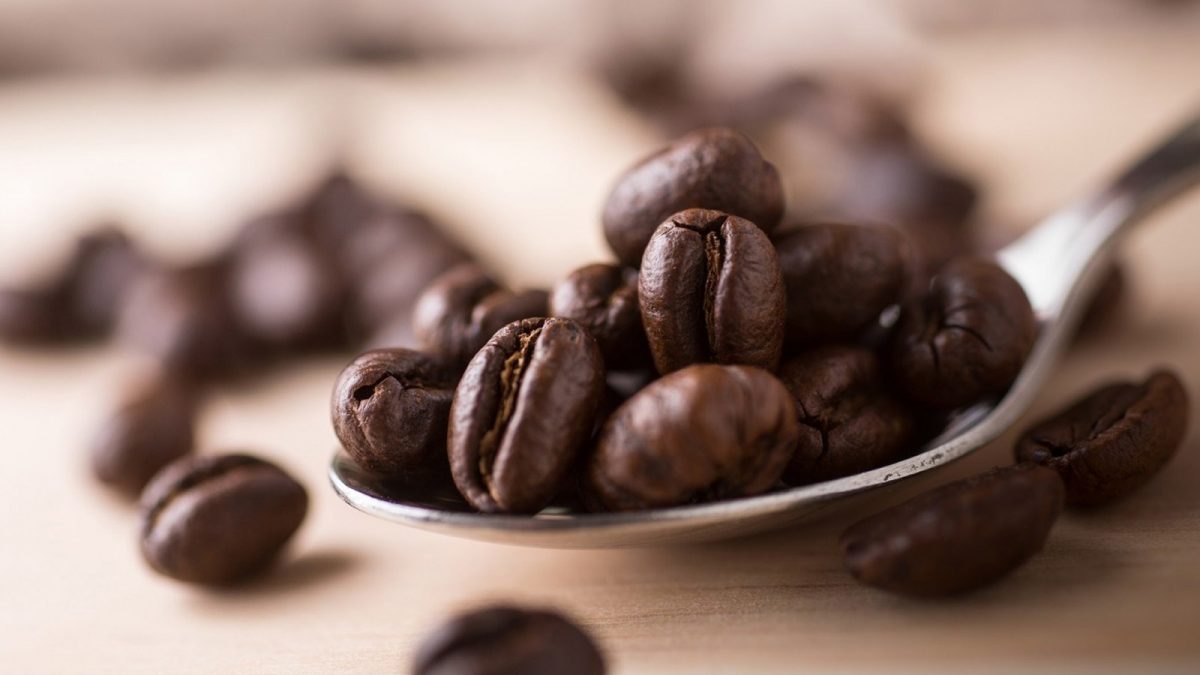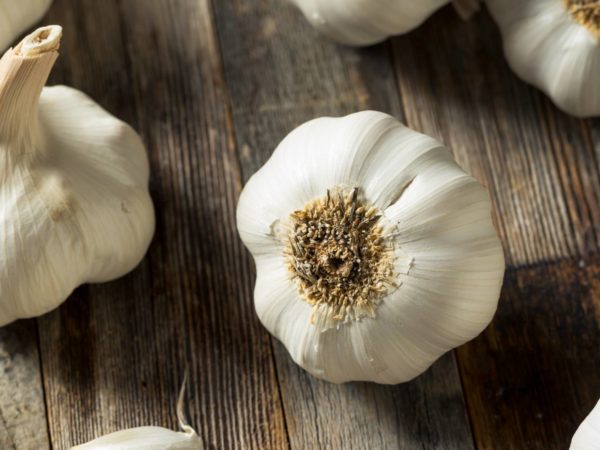Can Coffee Ward Off Diabetes, Heart Disease and Stroke?
If you’re a coffee lover, I have some really good news. Your cup o’ joe just might extend your life and reduce your risk for disease, according to recent research published in the New England Journal of Medicine.
After decades of research on coffee and health, AARP and the National Institutes of Health paired up to conduct the largest study ever done on Americans’ favorite beverage.
The results were astounding. Not only did the study show that drinking coffee isn’t harmful to your health, it also showed that this supposedly “guilty pleasure” is actually associated with lower risk of diabetes, heart disease, and stroke, as well as a longer lifespan.
So what is coffee’s secret to health and longevity, you ask?
A Thousand Disease-Fighters in Your Morning Java
Well, it’s not the caffeine. In fact, researchers found the same benefits for decaf as they did for regular coffee.
And since coffee is Americans’ top source of antioxidant’s in the diet (yes, it’s true) and contains literally thousands of phytonutrients – like caffeic acid and chlorogenic acid – scientists can’t single out just one “silver bullet”. Like many other foods, coffee’s bioactive compounds probably work synergistically, to provide the health benefits.
But like any observational study, the other habits of the coffee drinkers have to be taken into account.
Habits and Health of Half a Million
Previous studies have shown that coffee can raise LDL cholesterol and blood pressure – two risk factors for heart disease. But after researchers adjusted for other factors (like smoking and exercising less), they found a clear pattern: Each cup of coffee consumed per day boosted the chances of living longer!
Because the study involved so many people (402,260) and included more than ten years of follow up, researchers feel the evidence is solid. Dr. Frank Hu of the Harvard School of Public Health commented: “This is probably the best evidence we have.”
Of the total participants in the study, approximately 42,000 abstained from drinking coffee. About 15,000 participants drank six cups or more per day, while most people enjoyed an average of about two cups.
At the end of the study, researchers found that compared to those who drank no coffee, the men who consumed two or three cups a day were 10 percent less likely to die at any age. For women, it was 13 percent.
Even one cup of coffee per day appeared to reduce risk slightly.
The most beneficial effect was seen in women who drank four or five cups a day – a 16 percent lower risk of death!
The coffee drinkers were also less likely to die from heart disease, stroke, respiratory disease, and diabetes.
If you still need reassurance that your morning (and afternoon) coffee really is a healthy indulgence, you’ll be happy to know that previous studies link coffee consumption to improved insulin sensitivity, enhanced physical endurance, reduced inflammation levels, as well as a reduced risk of certain cancers, gout, Alzheimer’s and Parkinson’s disease.
It’s important to note, however, for people who have existing heart disease that excess caffeine can raise blood pressure to unsafe levels.
Picking Better Beans
Now that you know that your coffee habit can actually help your health, here are a few very important ways to maximize the benefits of your java… and ensure that you are not turning a health-enhancing beverage into one that is harmful.
- Go Organic: Conventionally grown coffee is often sprayed heavily with pesticides. So choose an organic variety. Not only is it higher in antioxidants, but it is free from chemical contaminants.
- Sweeten Safely: Adding sugar or flavored syrups to your coffee not only adds calories, it boosts blood sugar and insulin levels. Sweeten with zero calorie, zero glycemic stevia instead.
- Opt for REAL Cream: If you like your coffee with cream, be sure to choose organic cream from grass-fed cows. And you should NEVER use imitation creamer, like Coffee Mate, or a powdered creamer like Cremora. These products are made with hydrogenated oils – or trans fats – which strongly promote heart disease and diabetes. Regarding trans fat, The Institute of Medicine has stated that there is “no safe level to consume.” That means not even a daily teaspoon. If you like creamy coffee without the dairy, try coconut milk (Native Forest Organic Coconut Milk is packaged in BPA free cans).
- Consider Cold Brewing: Cold-brewing creates coffee with up to 70% less acid than conventional hot brew methods. The result: bold, smooth, sweet flavor. What’s more, cold brewing can slash the acid so significantly that even sufferers from acid indigestion and other digestive ails can enjoy a morning cup without discomfort.
- Rethink Plastic: Brewing coffee in traditional coffee makers can expose hot liquids to plastics that contain BPA, phthalates and other chemicals. These harmful endocrine disruptors can leach into your coffee. For the same reason, be sure to choose metal or porcelain travel mugs.




Leave a Reply